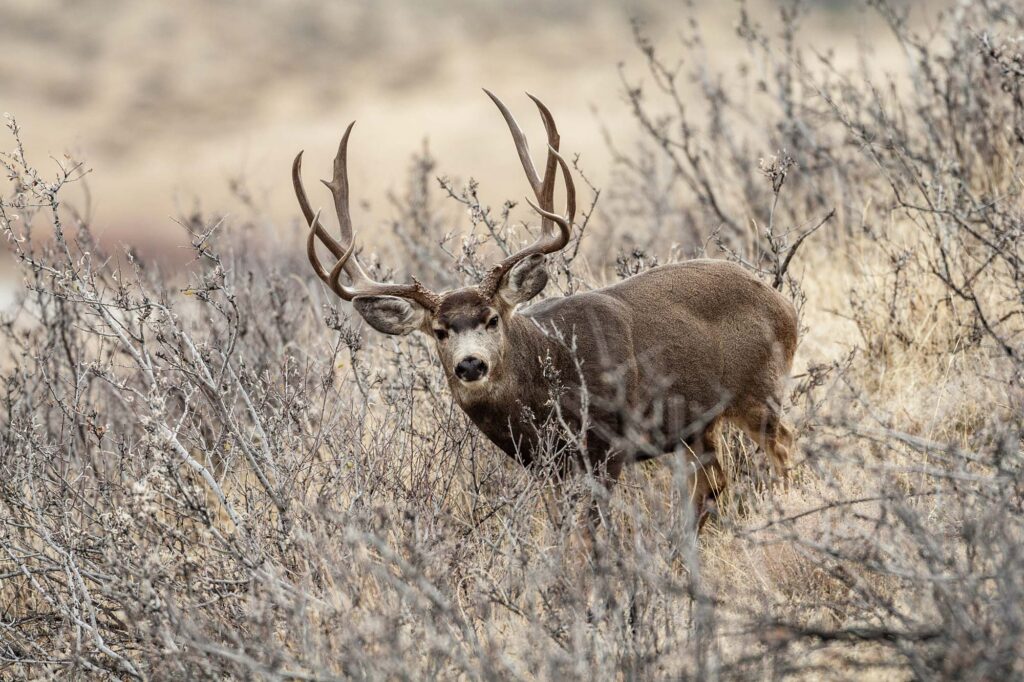Keyword Research for Hunting Businesses: What You Need to Know
Keyword research is the foundation of any successful digital marketing strategy. For hunting businesses, it’s especially important to understand what your audience is searching for online. By identifying and targeting the right keywords, you can improve your website’s search engine rankings, attract more visitors, and convert them into loyal customers.
This guide explains why keyword research matters for hunting businesses and offers practical tips to help you get started.

Why Keyword Research is Crucial for Hunting Businesses
Keyword research helps you:
- Understand Your Audience: Discover what hunting enthusiasts are searching for and tailor your content to their needs.
- Boost Search Rankings: Targeting relevant keywords improves your visibility in search engine results.
- Drive Qualified Traffic: Attract visitors who are genuinely interested in your products or services.
- Optimize Ad Campaigns: Use high-performing keywords to maximize the impact of PPC campaigns.
Steps to Conduct Effective Keyword Research
1. Define Your Goals
Start by identifying what you want to achieve with your keyword research. Are you looking to:
- Increase sales for specific hunting gear?
- Promote guided hunting trips or lodge bookings?
- Build brand awareness in the hunting community?
Having clear goals will guide your keyword research process.
2. Brainstorm Seed Keywords
Seed keywords are the basic terms that describe your business, products, or services. Examples for hunting businesses include:
- “hunting gear”
- “guided hunting trips”
- “deer hunting tips”
- “hunting lodges near me”
These terms serve as a starting point for discovering related keywords.
3. Use Keyword Research Tools
Leverage tools to expand your list of keywords and analyze their potential. Popular options include:
- Google Keyword Planner: Provides search volume, competition, and cost-per-click data.
- SEMrush: Offers keyword suggestions, competitor analysis, and trend insights.
- Ahrefs: Helps identify high-performing keywords and backlink opportunities.
- AnswerThePublic: Visualizes search queries related to your seed keywords.
4. Analyze Search Intent
Understanding the intent behind a keyword ensures your content matches what users are looking for. Common types of search intent include:
- Informational: Users want to learn something (e.g., “how to set up a trail camera”).
- Navigational: Users are looking for a specific brand or website (e.g., “[Brand Name] hunting gear”).
- Transactional: Users are ready to make a purchase (e.g., “buy hunting boots online”).
5. Prioritize Long-Tail Keywords
Long-tail keywords are more specific phrases with lower search volume but higher conversion potential. Examples include:
- “best waterproof hunting jackets for cold weather”
- “guided elk hunting trips in Montana”
- “affordable bowhunting gear for beginners”
6. Evaluate Keyword Metrics
When selecting keywords, consider the following metrics:
- Search Volume: The number of times a keyword is searched per month.
- Keyword Difficulty (KD): How hard it is to rank for a keyword.
- Cost-Per-Click (CPC): Useful for paid campaigns to gauge competition.
- Relevance: Ensure the keyword aligns with your business offerings.
Applying Keywords to Your Hunting Business
1. Optimize Website Content
Incorporate targeted keywords naturally into:
- Page titles and meta descriptions.
- Headings (H1, H2, H3 tags).
- Body content and image alt tags.
- URLs and internal links.
Example:
Instead of “Our Products,” use “Hunting Gear for All Seasons.”
2. Create High-Quality Content
Develop blog posts, videos, and guides that address common questions or challenges faced by hunters.
Ideas:
- “Top 10 Must-Have Hunting Accessories for Beginners”
- “How to Choose the Perfect Hunting Rifle for Your Needs”
- “Tips for Planning a Successful Turkey Hunt”
3. Run PPC Campaigns
Use your keyword research to create effective Google Ads and social media campaigns. Focus on transactional keywords to drive conversions.
Example:
- Headline: “Shop Top-Rated Hunting Gear Online!”
- Description: “Find premium hunting gear for all seasons. Free shipping on orders over $50.”
4. Optimize for Local SEO
If you operate in a specific location, prioritize local keywords like:
- “hunting lodges in Colorado”
- “guided deer hunts near me”
- “best hunting gear store in Texas”
5. Leverage Social Media
Incorporate keywords into your social media posts, hashtags, and profiles to enhance discoverability.
Examples:
- Post: “Gear up for elk season! Check out our top-rated hunting boots.”
- Hashtags: #HuntingGear #ElkHunting #OutdoorIndustry
Common Keyword Research Mistakes to Avoid
1. Ignoring Search Intent
Targeting keywords without understanding user intent can result in high bounce rates and low engagement.
2. Overusing Keywords
Keyword stuffing can hurt your rankings. Focus on natural placement and readability.
3. Neglecting Long-Tail Keywords
Don’t overlook long-tail keywords with high conversion potential, especially for niche products or services.
4. Relying Solely on Tools
While tools provide valuable insights, supplement your research with firsthand knowledge of your audience and industry trends.
Tools to Track Keyword Performance
- Google Search Console: Monitor your site’s keyword rankings and click-through rates.
- Google Analytics: Analyze traffic sources and user behavior.
- SEMrush or Ahrefs: Track changes in rankings and identify new opportunities.
Elevate Your Hunting Business with Strategic Keywords
Keyword research is an essential step for any hunting business aiming to succeed online. By identifying the right keywords and implementing them effectively, you can attract more visitors, increase conversions, and build a loyal customer base.
At Big Canoe Digital, we specialize in helping hunting businesses thrive with data-driven keyword strategies. Ready to take your SEO to the next level? Contact us today and let’s start building your success story!
See How We Can Help You Succeed
Discover how our tailored marketing strategies and proven methods can help your outdoor business thrive.




